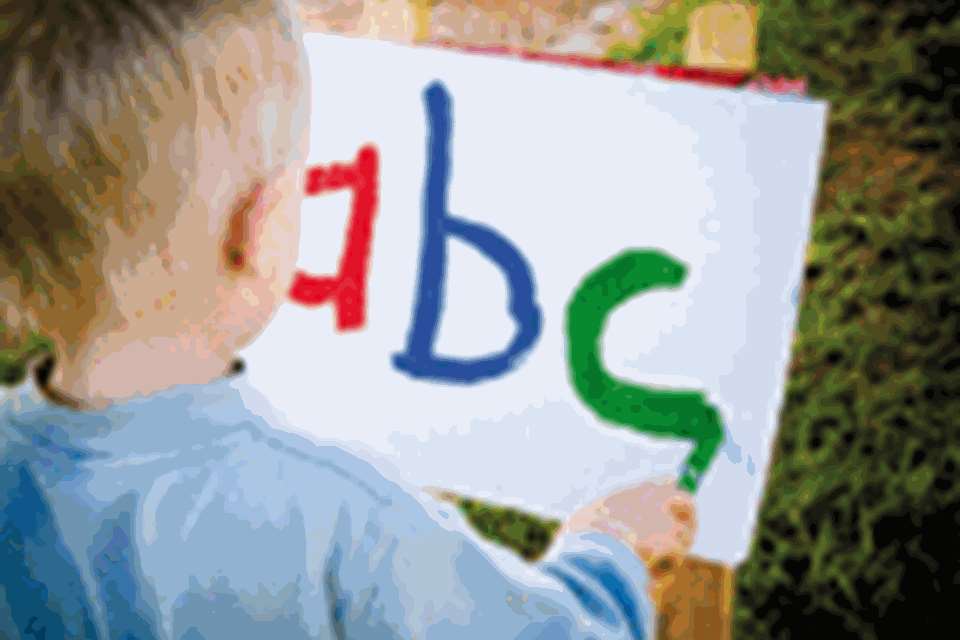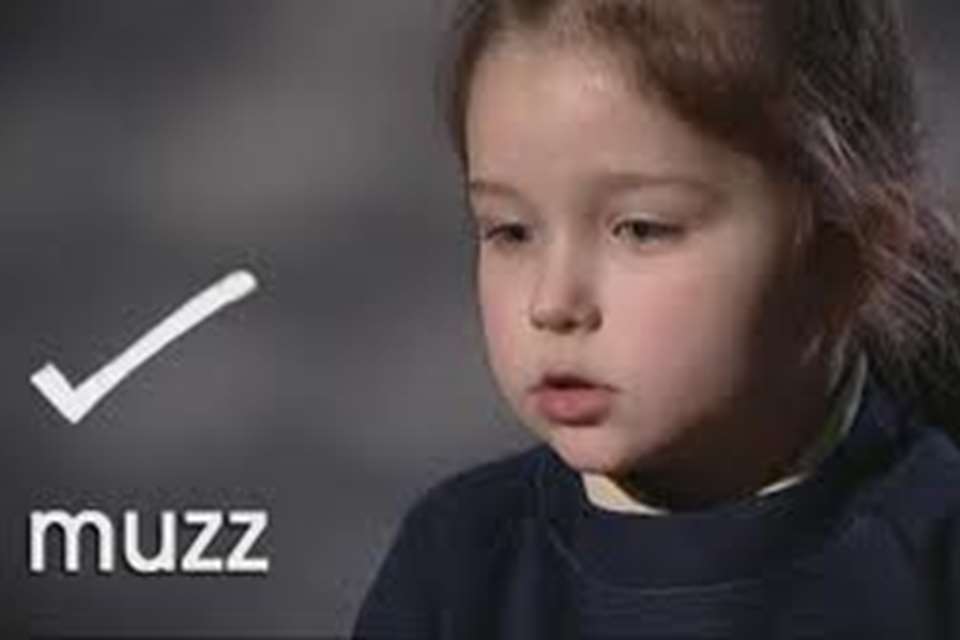Rise in children passing phonics check, but teachers' doubts remain
Monday, June 29, 2015
While the number of children passing the phonics check has increased year-on-year, teaching staff are unsure of its value.

The final report of the evaluation of the phonics screening check (PSC) shows a 16 percentage point increase on the number of pupils meeting the expected standard expected for their age, since the introduction of the check in 2012.
However, around a third of teaching staff believe that the Government puts too much emphasis on phonics, a survey suggests.
In 2012, 58 per cent of children met the expected standard, and this rose to 69 per cent in 2013 and 74 per cent in 2014.
Children take the phonics check at the end of the summer term in Year 1. It involves children sitting with a teacher they know and reading from a list of 40 words, 20 of which are 'nonsense words' to check that they are able to decode words.
The report, based upon national PSC scores and yearly interviews with teaching staff and parents, suggests the improvement in children’s performance could partly be down to the ‘tightening up’ of phonics teaching practice in schools, as reported by teachers as a response to the introduction of the check.
It was carried out by the National Foundation for Educational Research (NFER) on behalf of the Department for Education.
While the report says that the introduction of the check has had an impact on pupils’ attainment in phonics, it cannot prove it has had an impact on children’s attainment in literacy.
The value of the check
Despite the number of pupils reaching the expected standard in the PSC increasing, some teaching staff surveyed by the NFER in 2014 implied they were unsure of the value of the phonics screening test.
Survey responses were collected from 573 literacy co-ordinators and 652 Year 1 teachers.
Less than 30 per cent of the literacy co-ordinators who were surveyed in 2014 agreed with the statements, ‘The phonics screening check provides valuable information for teachers’ and ‘The phonics screening check provides valuable information for parents/carers.’ One reason they gave for this is that they believe the check results do not reveal anything that teachers are not aware of.
Thirty per cent of teaching staff surveyed said they thought phonics 'has too high a priority' in current education policy.
A further 64 per cent of teaching staff said that phonics should be taught alongside a variety of methods in order to help children decode words.
One respondent, a Year 1 teacher, said, ‘Phonics teaching definitely has an impact on reading and writing, but it doesn’t suit all children.’










